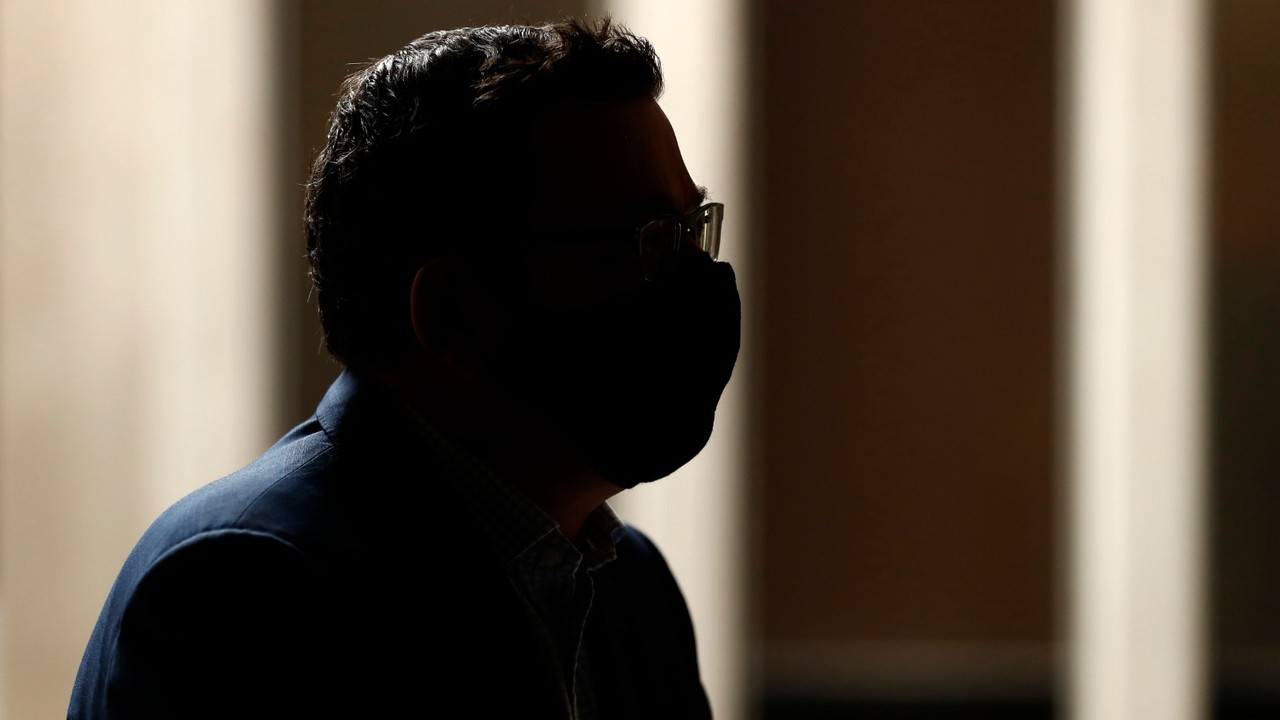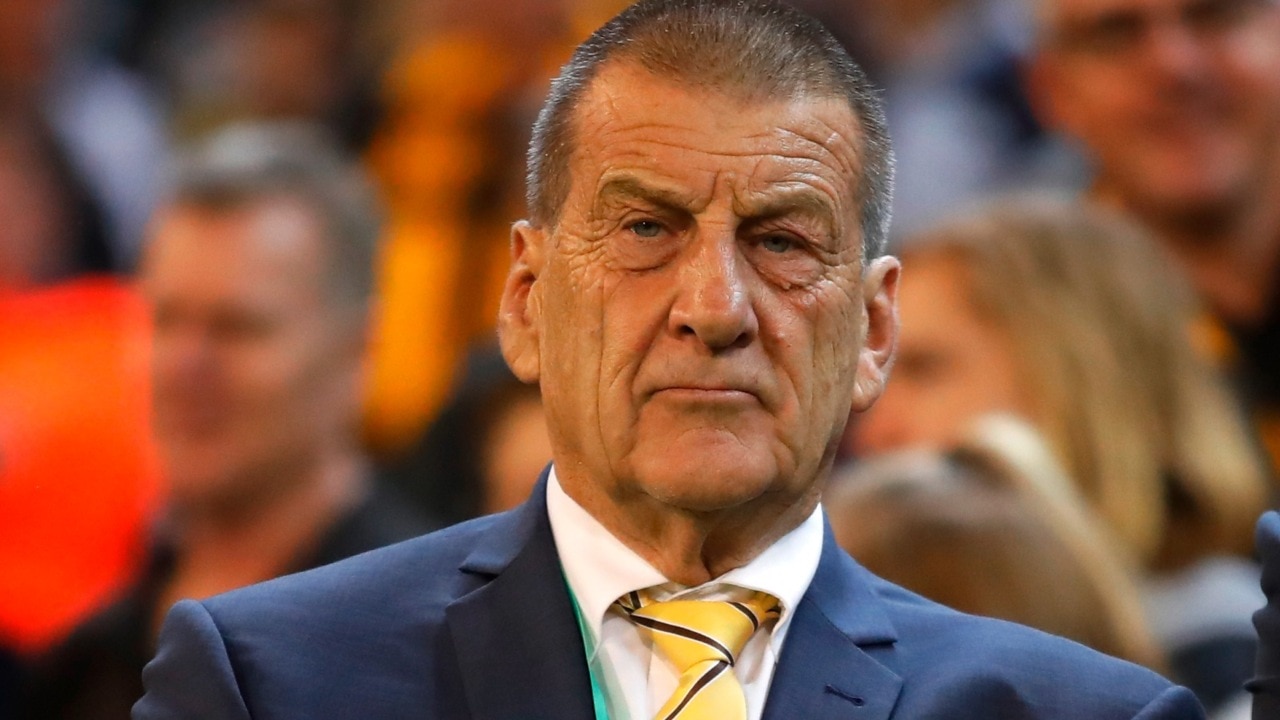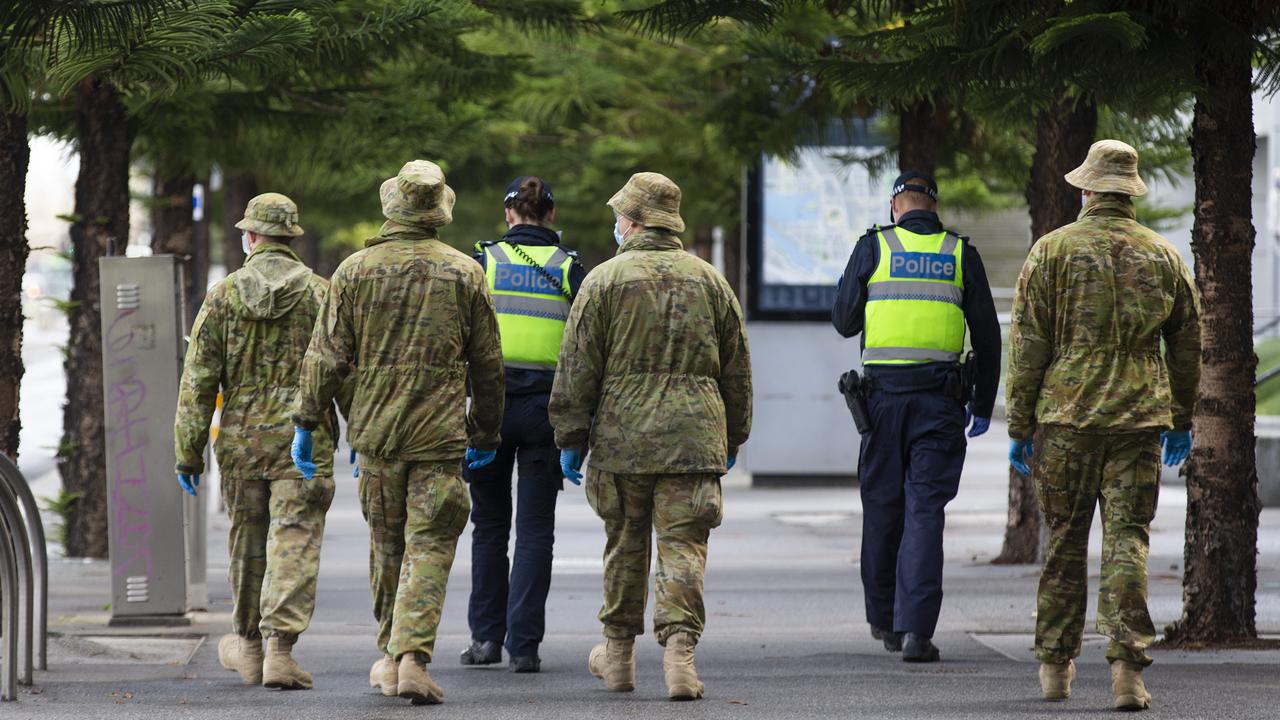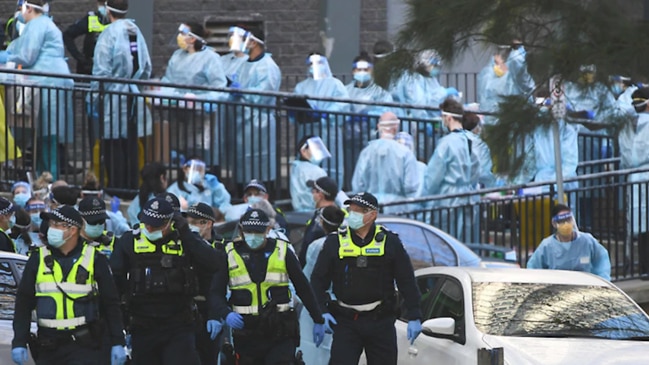Net Victorian coronavirus case increase below 100 for first time since early July
The net daily increase of coronavirus cases in Victoria has dropped below triple digits for the first time in weeks as a fresh storm brews.

The net daily increase of coronavirus cases in Victoria has dropped below triple digits for the first time since early July.
It comes as Victorian Premier Daniel Andrews took to social media overnight to defend his state of emergency announcement as a storm brews over the legislation.
The new daily infections announced by the state’s health department on Monday was 116, but with 17 cases from previous days reclassified mostly due to duplication, the net daily increase was only 99 cases.
Victoria has now recorded a total of 18,330 coronavirus infections with 3731 active.
The Premier also revealed plans on Monday to extend Victoria’s state of emergency for a further 12 months until September 2021, which prompted fierce backlash from the state Opposition and high-profile former premier Jeff Kennett.

Victoria has been under a state of emergency since March this year, and it has been extended six times to allow for increased government powers to facilitate the response to the coronavirus pandemic.
The declaration ensures the public health directions in the state’s fight against the virus can be legally enforced.
But under current laws the maximum the declaration can be in place for is six months, and the Government would be required to pass new legislation through the Victorian parliament to extend it beyond September 2020.
In posts on both Facebook and Twitter about 10pm on Monday night, Mr Andrews said extending the declaration was not about changing how long the current lockdown would last or increasing the restrictions Victorians faced.

He said the changes were about saving lives and keeping Victorians safe – “nothing more, nothing less”.
“Extending the state of emergency is about ensuring that we can legally make the changes our health experts need to keep us safe,” he wrote.
“Getting back to normal won’t ever be an option if we can’t protect what we’ve already achieved.”
Mr Andrews said restrictions such as face coverings, stay-at-home directions and requiring workplaces to have a COVIDSafe plan were only possible when a state of emergency had been declared, and it could take weeks or months to pass such restrictions through parliament without it.
The amendments to the Public Health and Wellbeing Act 2008 to be introduced on September 1 will allow for the state of emergency to be in place for a maximum of up to 18 months.

Since August 2, Victoria has also been under a state of disaster declaration, which is due to expire at 6pm on September 2.
But Opposition Leader Michael O’Brien has ruled out supporting the legislation, meaning the Premier will need to convince at least four Upper House crossbenchers to pass new legislation.
Meanwhile, Mr Kennett said Mr Andrews had effectively signed the state’s death warrant because even if the legislation was blocked, he had signalled that Victoria was closed for business.



